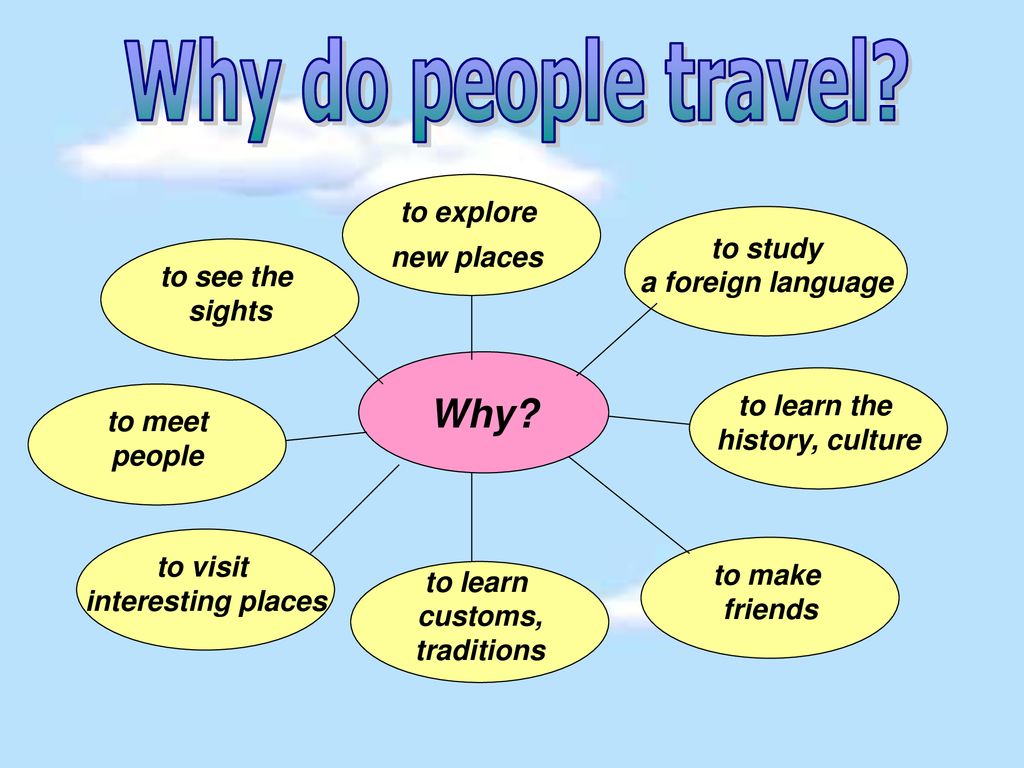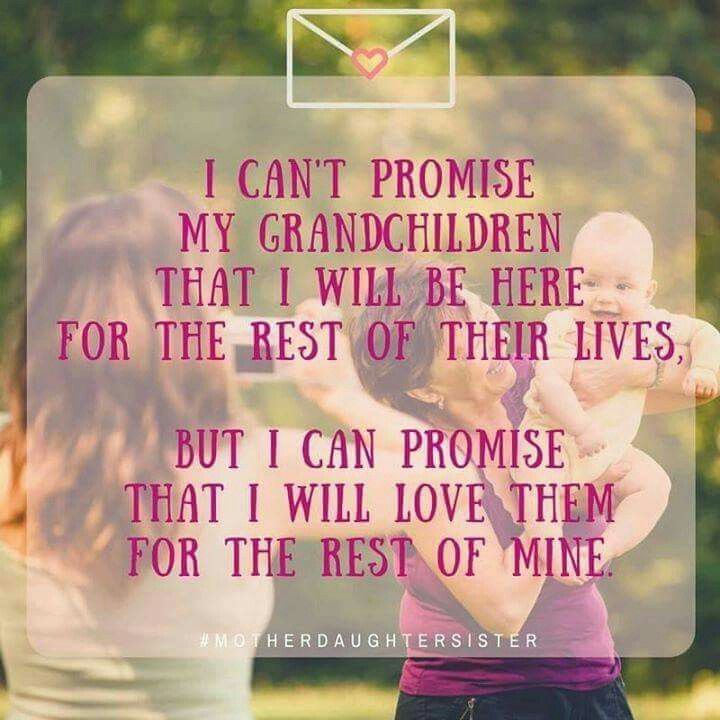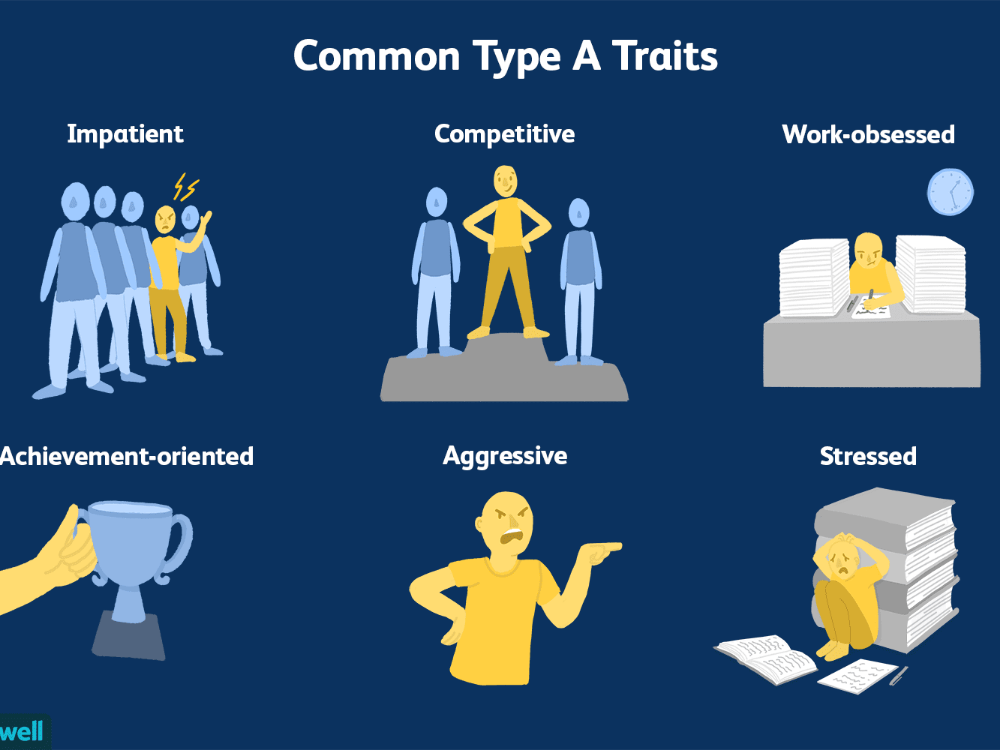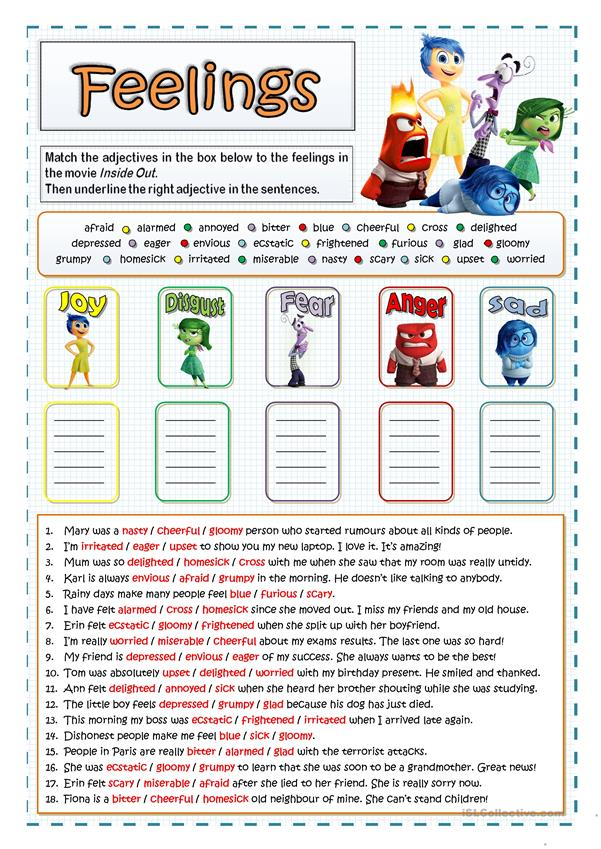Why do my grandchildren ignore me
11 Possible Reasons Your Grandchildren Ignore You
If you focus too much on the relationships between grandchildren and grandparents depicted on television and in the movies, you might wonder what grandchild doesn’t like grandma and grandpa?
Kids on TV tend to run excitedly into their grandparents’ arms, eager to give plenty of hugs and kisses.
The grandparents return the sentiment, exclaiming how happy they are to see the children.
As it turns out, this isn’t always real life.
Grandchildren who ignore their grandparents are much more common than you might think.
What’s In This Article?
[hide]
Why Do My Grandchildren Ignore Me? 11 Possible Reasons
While it can hurt your feelings to have grandchildren who don’t want to spend time with you, it’s essential to know that it doesn’t necessarily mean you did anything wrong.
There are plenty of reasons you don’t feel the special bond you desire.
Here are some of the more common ones:
1. Their parents’ influence.
Whether intentional or not, their parents may say or do things that lead your grandkids to believe you aren’t as likable or respectable as you are.
Do your adult kids complain about things that happened while growing up or mention your parenting shortcomings? If so, your grandkids will pick up on this.
It might be a good idea to plan for a calm, rational conversation with their parents when your grandkids aren’t around. Clear the air and ask that they not say negative things about you around the children.
2. They don’t relate to you.
Besides the obvious age difference between you and your grandkids, there are plenty of other reasons they may not feel on the same page as you.
Maybe your disciplinary style is different from their parents, or you aren’t able to play with them the way they would like.
Find things you have in common or can bond over to remedy this. Even the smallest of similar interests can go a long way.
Even the smallest of similar interests can go a long way.
3. They aren’t around you often enough.
It can be hard to feel close to someone you don’t get to see very often, even loving grandparents. Maybe you live far apart, or other things like health or busy schedules keep you from seeing them as often as you’d like.
Try visiting with them more often. And since it’s not always easy to see them longer or more often, try calling, texting, or video chatting with them regularly to see how things are going.
4. They sense you don’t like them.
Let’s face it: sometimes, the things kids say and do are hard to understand and accept.
If they’ve heard you talk poorly about their behaviors, their interests, or even their friends, they may feel like you don’t like who they are, even if you do show them love.
Try to be mindful about the language you use around them. Disciplining them is one thing, but talking about them negatively can affect their opinions on themselves – and of you.
5. There are underlying issues.
Everyone reacts to life situations differently, including and especially kids. Maybe their parents recently divorced or they’re having problems at school or with friends. Or perhaps there are emotional or behavioral issues that the parents need to address with the family doctor.
Try just being there for them. Offer advice when they want it. Otherwise, simply listen to them or be a shoulder to lean on when they need it.
6. They’re, well, kids!
While it’s not necessarily a good excuse, it is possible that they simply have a lot going on in their life. Things like school, work, activities, and friends are important. But know that it doesn’t always mean they don’t care about you.
Try making the most of the time you do have together. Ask them questions, pay attention to their answers, and let them know you love them.
7. They’re frightened.
Unfamiliar environments can be scary for kids, especially the younger ones. Throw in the teeth on the bathroom sink, the scent of your beloved (and necessary!) pain cream, and the piles of medications on the kitchen counter, and it can be downright uncomfortable.
Throw in the teeth on the bathroom sink, the scent of your beloved (and necessary!) pain cream, and the piles of medications on the kitchen counter, and it can be downright uncomfortable.
Clearly, you can’t change all of that. But you can think about making your home and environment feel safer and more inviting to your grandchildren.
More Related Articles
45 Wise And Loving Quotes To Express Gratitude For Your Grandparents
27 Fun And Funny Retirement Tee Shirts To Give Your Favorite Retiree
175 Adorable Nicknames For Grandma That You’ll Actually Want Your Grandkids To Use
8. You have too many rules.
Rules are a necessary part of life, especially for kids. It’s how they grow up to be responsible, respectful, successful individuals. But there is such a thing as too many rules.
You shouldn’t let them get away with everything but think about relaxing your standards. Try to find a balance between making them behave as you wish and letting them be themselves – the carefree kids they want and need to be.
Try to find a balance between making them behave as you wish and letting them be themselves – the carefree kids they want and need to be.
9. You guilt-trip them.
This can be hard to admit, but if the majority of the time you spend together is full of comments about how they never call or visit, they may avoid you even more.
Instead of focusing on the times you don’t spend with them, try finding the positives in the time you do. Thank them when they call or visit. Or let them know you appreciate their birthday cards.
10. Your time together is stressful.
This one can also be hard to face. What is the quality of the time you do have together? Do you tend to voice your concerns about your health or finances? Are you visibly stressed? Do you complain a lot?
These are natural behaviors, of course. But it may be helpful to avoid such tendencies around your grandkids. It’s okay to tell them what’s going on with you, but leave it at that without stressing them out or causing them to worry.
11. The onus is on them.
If they feel like they always have to be the one to call or stop by, they may avoid doing so. After all, relationships go both ways.
Try to initiate spending time together and leave it more open-ended. Let them know you want to see and talk to them. Make it clear that you understand how busy they are and that you’re willing to do it on their schedule.
How Often Should Grandparents Expect to See Their Grandchildren?
Unfortunately, there aren’t any set rules around how often you should expect to see your grandchildren. But instead of wondering and worrying about how to cope with not seeing your grandchildren, consider the following and make the most of the time you do spend together.
- Age. This goes for both you and the kids. They can be hard to keep up with when they’re very young. As they get older, they have other things going on in their life.
- Location.
 The distance between you can play a large role. If you live nearby, you can expect to see them more often, while living further apart hinders that.
The distance between you can play a large role. If you live nearby, you can expect to see them more often, while living further apart hinders that.
- Schedules. Put simply – life is busy. Work, school, friends, and activities are just a few things that crowd the calendar and affect how much time you spend together.
- Health. If you’re in good health with little concern for traveling, you’re likely less affected than if you have health problems that keep you less active.
Things a Grandparent Should Not Do with Their Grandchildren
You want your time with your grandkids to be fun and special, and memorable. But that doesn’t mean it’s okay to hold an anything-goes kind of mentality. Here are a few guidelines on things you shouldn’t do with your grandchildren.
- Speak poorly of their parents. Your grandkids’ parents are their first line of defense, and they likely hold loyalty to their parents.
 Badmouthing their parents is never okay.
Badmouthing their parents is never okay.
- Break their parents’ rules. Grandparents tend to spoil their grandkids by nature. But there’s a difference between sneaking them an extra cookie and blatantly allowing them to do things their parents don’t approve of.
- Guilt them into spending time with you. You want to see them more. That’s fair. But guilting them into it will backfire and lead to seeing even less of them.
- Fish for information. It’s natural to be curious about what goes on in your grandchildren’s home, but asking questions about their parents’ relationships, habits, or finances is inappropriate.
- Engage in age-inappropriate activities. Keep the things you do and talk about appropriate for your grandkids’ ages.
- Teach them bad habits. Make your time together fun, but do so without setting an example that you know would upset their parents.

What Do You Do When Your Grandchildren Are Disrespectful?
Nobody wants a grandchild who is rude to grandparents. If you find yourself in a situation where your grandchildren are disrespectful, it’s best to take care of it sooner rather than later.
Use these tips to address this problem.
- Discuss it with their parents. Talk with your son or daughter and their partner about handling poor behaviors and attitudes.
- Lay out your expectations. Explain to your grandkids how you expect them to behave and treat you.
- Ignore attention-seeking behaviors. Instead of acknowledging it when they act out, simply ignore it.
- Discipline them. Let them know their disrespectfulness is not okay, and they will be punished for it. Then stick to those punishments.
- Stay calm. It’s easy to raise your voice in stressful situations, but it’s best to keep your cool to avoid further escalating their behavior.

- Maintain consistency. Punishing them for a behavior one time and letting it go another sends mixed signals.
Ways to get Your Grandchild to Like You
You can’t force a relationship. But if you find yourself saying my granddaughter ignores me or my grandson doesn’t want to spend time with me, there are a few things you can do to win them over and get them to like you.
- Find something to bond over. Look for common interests and then use those things to gain a closer relationship with them.
- Have more frequent contact. If possible, see them more often, so they get to know you better and vice versa.
- Do more things they enjoy. Find out what interests them and learn more about it, even if it’s not something you would typically care about.
- Share your wisdom. You’ve learned a lot in your day, so why not pass some of that knowledge on to the grandkids?
- Avoid criticism and judgment.
 Kids have it hard enough without constantly being reminded of where they fall short and all they’ve done wrong.
Kids have it hard enough without constantly being reminded of where they fall short and all they’ve done wrong.
- Build them up. Praise them for their accomplishments, help them build their self-esteem, and teach them helpful habits.
- Show them they can trust you. Even small things like keeping silly secrets and following through on your promises go a long way in building your bond.
Contrary to popular belief, there’s no ideal grandparent-grandchild relationship. What works for one family may be the opposite of what’s right for yours. You simply can’t force something.
The key is to create the kind of close, loving relationship you both want without undue pressure.
Why Do My Grandchildren Ignore Me?
Nothing in this world is perfect and for this reason, you cannot expect families to be perfect, too.
The things that you imagined might not really come true. This is something that applies to the relationship between grandchildren and grandparents. There seems to be this notion that all grandkids will like and fall in love with their grandmothers and grandfathers right away. But, what if grandchildren don’t really like or simply ignore their grandparents? Why does this problem occur in the first place?
There seems to be this notion that all grandkids will like and fall in love with their grandmothers and grandfathers right away. But, what if grandchildren don’t really like or simply ignore their grandparents? Why does this problem occur in the first place?
Even if your grown children might not always be in agreement with you and might even hold certain resentments regarding the way you treated them, most of them still want their own kids to have a good relationship with you. They also want their children to love you. As a result, they pray and hope that you will realize your wrongs and magically transform into those types of grandparents often depicted in movies.
Unfortunately, just because you are older doesn’t always mean that you can change as you please. And to be honest, not everyone really dreams of being grandparents.
Take a look at some of the common reasons why there are grandchildren who ignore their grandparents:
Your Grandchildren Find You Distant or You Cannot Relate to Them
There are instances when your grandchildren might ignore you because you seem distant or not able to relate to them. If this happens, you might want to talk to your children when your grandchildren are not around and let them know about what you feel.
If this happens, you might want to talk to your children when your grandchildren are not around and let them know about what you feel.
You can come up with a good plan that will work for you and is predictable to include your grandchildren in your life. Try to consult your kids how you can meet your grandchildren halfway. You should do everything that you can do to ensure that your grandchildren won’t feel like you are snob.
You are Not Spending Enough Time with Your Grandchildren
One more reason why your grandchildren might ignore you is because you don’t really spend a lot of time with them. It can be because you don’t even let them or because you are too busy living out your retirement dreams that your grandkids don’t have any place in the picture.
Whatever the reason might be, remember that a relationship takes time to form and develop and just because you are related to a person doesn’t automatically guarantee that you adore and love them from the get-go.
One thing that you can try to do is allow time for your relationship with your grandkids to blossom. Instead of pushing for longer visitations, you can start with simple chats or email or quick trips to the nearest fast food chain.
Don’t forget that people won’t be able to meet all of your expectations always and simply because you think your relationship with your grandkids would be this way doesn’t mean that it is exactly how it will be.
Your Children Might Be the Reason
You might also need to have a good talk with your own kids and ask them to take a look at themselves. There are instances when grown children who got some pent up anger or resentments to their parents tend to unconsciously show it to their own kids.
These are not always spoken words but instead, more of a presence or actions that your children have every time you are around. Your grandchildren might be able to pick up on this from their parents. There are also instances when grown children make some comments about you in front of your grandkids that might show their distaste or dislike for you.
And even if your children might not really mean it as a way of shutting you out from their kids’ life, your grandchildren might feel like they need to pick sides. More often than not, kids will choose the side of their parents out of loyalty. If ever this is the case and your grandkids are old enough to understand how your children feel about you, urge them to explain their feelings to your grandkids.
This way, even if you might not have been a great parent to your children while they were growing up, they can still convince your grandchildren that you will be a wonderful grandparent. Your children can remind your grandkids that you love them as their grandparents. This will show your grandkids that their parents don’t feel threatened even if they choose to have a relationship with you.
You Might Not Really Like Your Grandchildren and They Can Feel It
Now, this is one truth that might hurt. Traits and generational concerns can often put you at odds with your own children at how to raise your grandkids. Your children are probably not doing everything the same way as you did when you were raising them. You might also have a grandchild that is somewhat uncontrollable or a brat at times.
Your children are probably not doing everything the same way as you did when you were raising them. You might also have a grandchild that is somewhat uncontrollable or a brat at times.
You might also not enjoy spending a lot of time with your grandkids because of behavioral problems. You might not understand these behavior disorders or the disciplinary techniques used by your children. Even if it can feel a bit frustrating, it is very possible that your mind won’t change.
Instead of trying to force your grandkids to spend time with you, see to it that their parents are also present so you don’t need to act as the disciplinarian. If you tend to be harder on your grandkids than their parents, your grandchildren might feel unsafe and threatened by them. The only safeguard in this case is for your children to be present and supervise things when you are with your grandkids and hope that a better understanding and relationship will soon develop.
Whether you like it or not, your grandchildren will not always love to be around you and might even ignore you completely. If this happens, it is best to assess yourself to know if you could have done something that made them feel that way. You can also seek your children’s help to ensure that you will have a good relationship with your grandchildren.
If this happens, it is best to assess yourself to know if you could have done something that made them feel that way. You can also seek your children’s help to ensure that you will have a good relationship with your grandchildren.
FacebookTwitterRedditPinterestLinkedIn
0003Agree with the terms
home
Parents
Expert advice
Psychologist's consultation
Child age: 3 years
Tags: grandparents
My granddaughter often ignores me
She moved in with her children. I try to help in everything, but my grandson often ignores me, rarely begins to communicate with me. She always has another grandmother in the first place, who does not live close, but communicated more often than me. I am tormented by various thoughts. The girl loves her dad very much. Once he compared who the child loves more: mom or grandmother. To that, the answer was - grandmother. All this worries me.
Zinaida
Zinaida, you live in a family of children and they will have their own rules and laws. Communication with the granddaughter cannot improve instantly, especially if you have had little contact before. However, over time, the girl will definitely make friends with you in both will be able to give a lot to each other. I was alerted by your phrase that you are trying to help in everything. Remember that being overly accommodating often gets in the way of people. It is especially important for a young family to see how they themselves cope with various everyday problems. I recommend that you find some business just for yourself so that your life is not fixated on your daughter's family. This will help each family member to feel their independence to the extent necessary for him. Smirnova Anna, psychologist
Communication with the granddaughter cannot improve instantly, especially if you have had little contact before. However, over time, the girl will definitely make friends with you in both will be able to give a lot to each other. I was alerted by your phrase that you are trying to help in everything. Remember that being overly accommodating often gets in the way of people. It is especially important for a young family to see how they themselves cope with various everyday problems. I recommend that you find some business just for yourself so that your life is not fixated on your daughter's family. This will help each family member to feel their independence to the extent necessary for him. Smirnova Anna, psychologist
Anna Zubkova, specialist
A grandson is rude to his grandmother, he can spit on her: what to do in such a situation
We are taught from childhood that people should be treated with respect first of all. But sometimes something clicks inside the child, and he starts behaving terribly towards those closest to him. What is happening and how to be? Psychologist Galina Prutkovskaya answers.
What is happening and how to be? Psychologist Galina Prutkovskaya answers.
Question. I am a grandmother. My daughter and grandson always live with me. Until the age of 8, the relationship with the grandson was good. Soon he will be 11 years old. He began to talk to me very badly, constantly yelling at me. His remarks: "stepped away from me", "schmuck", "don't come near me", "I don't want to see you", "get out" and so on. Spitting in my direction. In short, hate. For what - I do not understand. Everything for him. I'm offended. The daughter is silent, sometimes scolds. I am already 67 years old. Do I really deserve this?
Answer. Aggression against the older generation by children is quite common. There may be several rather serious reasons behind it.
- Habitual aggressive behavior within the family. It happens that the child's father or mother allows themselves to be aggressive or rude towards other people, and the child accepts this way of communication as normal.

- Lack of respect from parents towards grandparents. At the same time, the child's parents do not always openly demonstrate their hostility, but they can ignore the demands or express their opinion "behind the back". Children feel that the older generation is not respected, and also pick up this wave.
- Overprotection. Adolescence is a period of searching for oneself and one's "I". It is very difficult to look for yourself if your every step is accompanied by help from elders. It is through aggression that the child may begin to attempt to separate (separate) from the care of the grandmother.
- Fear of death. This is a natural fear for any person, children and adolescents are no exception. The aging of a loved one clearly shows us that life is not eternal. And here two defense mechanisms turn on: "I'm afraid to lose you, so I'll give you up myself" or "I'm afraid to die, so I don't want you to remind me of this."
- Problems with peers or older children .
 Sometimes a child is attacked by stronger guys. Unable to cope with the aggressors, he "drains" his anger on the weaker and defenseless family members - for example, on younger children or on older people.
Sometimes a child is attacked by stronger guys. Unable to cope with the aggressors, he "drains" his anger on the weaker and defenseless family members - for example, on younger children or on older people. - Checking the boundaries of what is permitted. Children often check: what will happen if ... And the logic here is this: they unconsciously ask for these boundaries and suffer greatly if they do not receive them. After all, in a world where everything is allowed, there is nothing to rely on and it is impossible to define your boundaries.
- Mental disorders. Increased aggressiveness, impulsivity, lack of self-control may indicate more serious violations. In this case, you will need to consult a psychologist, psychiatrist and neurologist.
Children and adolescents may be aggressive, in small doses this is normal. However, any aggression directed at people with the aim of harming, rather than protecting, must be suppressed and stopped. The child needs to be explained and shown again and again that such behavior is unacceptable. If you know the reason why a calm and friendly child suddenly turned into an ill-mannered brute, then you need to work with the reason first of all.
The child needs to be explained and shown again and again that such behavior is unacceptable. If you know the reason why a calm and friendly child suddenly turned into an ill-mannered brute, then you need to work with the reason first of all.
In any case, you have every right to show your attitude towards such behavior and impose sanctions. How to do it right?
- You must be sure that you are right. If your words sound with an apologetic intonation, then you will not achieve a result.
- You voice how you feel when you are called names or offended: "I don't like being called names or being pushed around in my house."
- You voice the sanctions that will follow if the unwanted behavior is repeated: “If I hear insults against me again, I will stop buying you sweets for tea” (for example). Sanctions need to be imposed on what the child really appreciates.
- If this behavior persists, carry out your threat. Otherwise, your words will be considered empty and unworthy of attention.

Learn more














